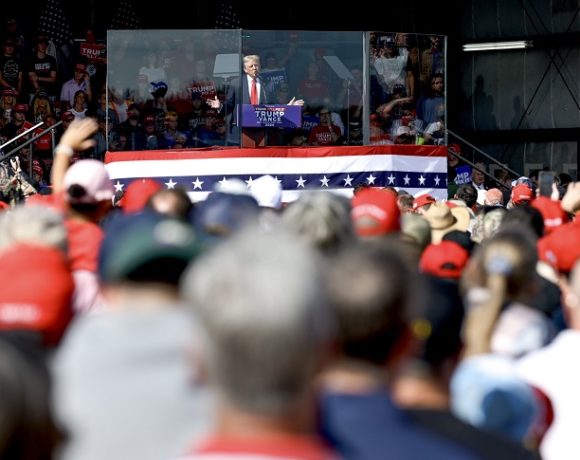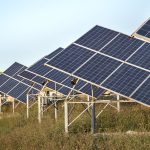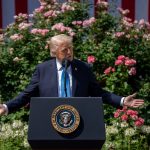
EU unveils plan to cut Chinese rare-earth dependence
The European Union (EU) has announced a new strategy aimed at reducing its reliance on Chinese supplies of rare-earth elements and battery materials. The programme, dubbed RESourceEU, is designed to secure alternative sources, boost domestic recycling and foster partnerships with key mining and processing countries.
Why the shift?
The move comes after China introduced expanded export restrictions on critical minerals as of 9 October. According to the EU, more than 90 % of its rare-earth magnets currently come from China. The dependence creates significant vulnerability in sectors including automotive, defence, aerospace, artificial intelligence and electric vehicles.
Key components of the plan
Under RESourceEU, the bloc will accelerate cooperation with nations such as Australia, Canada, Chile, Greenland, Kazakhstan, Uzbekistan and Ukraine for supply diversification. It will also invest in domestic processing capacity, promote joint purchasing and stockpiling of critical raw materials, and advance recycling across European industry.
Implications for industry and geopolitics
For Europe, the shift marks a strategic response to resource-supply risk and rising geopolitical competition. By building internal capability and external partnerships, the EU aims to gain resilience against supply disruptions while signalling to China that reliance on export dominance may no longer be assured. Adjustments in trade policy, domestic investment and international cooperation will be central to the effort.


















